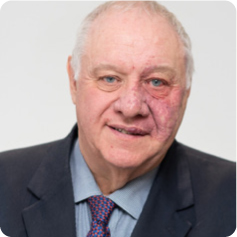Call to action: the 10-point plan for the non-surgical aesthetics and hair restoration sector


 The Joint Council for Cosmetic Practitioners is seeking responses to its 10-point plan from all stakeholders
The Joint Council for Cosmetic Practitioners is seeking responses to its 10-point plan from all stakeholders
The Joint Council for Cosmetic Practitioners (JCCP) places public protection and patient safety at the core of its activities. Since its official establishment in 2018, it has striven to enhance public protection and safety in the non-surgical and hair restoration surgery sectors. It has achieved notable successes working with a wide range of stakeholders, partners and sponsors.
The past year has been a most challenging time for all people engaged in the non-surgical and hair restoration sector, but it has also seen major advances, as the issues around regulation and public/patient safety have risen to the surface. Many unresolved issues relating to regulation have been highlighted during the debate around COVID-19 and public protection and its impact on the operation of businesses in the sector.
Following the establishment of the All-Party Parliamentary Group (APPG) on Beauty, Wellbeing and Aesthetics, Private Member Bills around age of consent for advanced treatments, the inappropriate use of social media and major advances in regulation in Scotland and Wales have all escalated the UK debate about regulation.
Register now to continue reading
Thank you for visiting Journal of Aesthetic Nurses and reading some of our peer-reviewed resources for aesthetic nurses. To read more, please register today. You’ll enjoy the following great benefits:
What's included
-
Limited access to clinical or professional articles
-
New content and clinical newsletter updates each month


